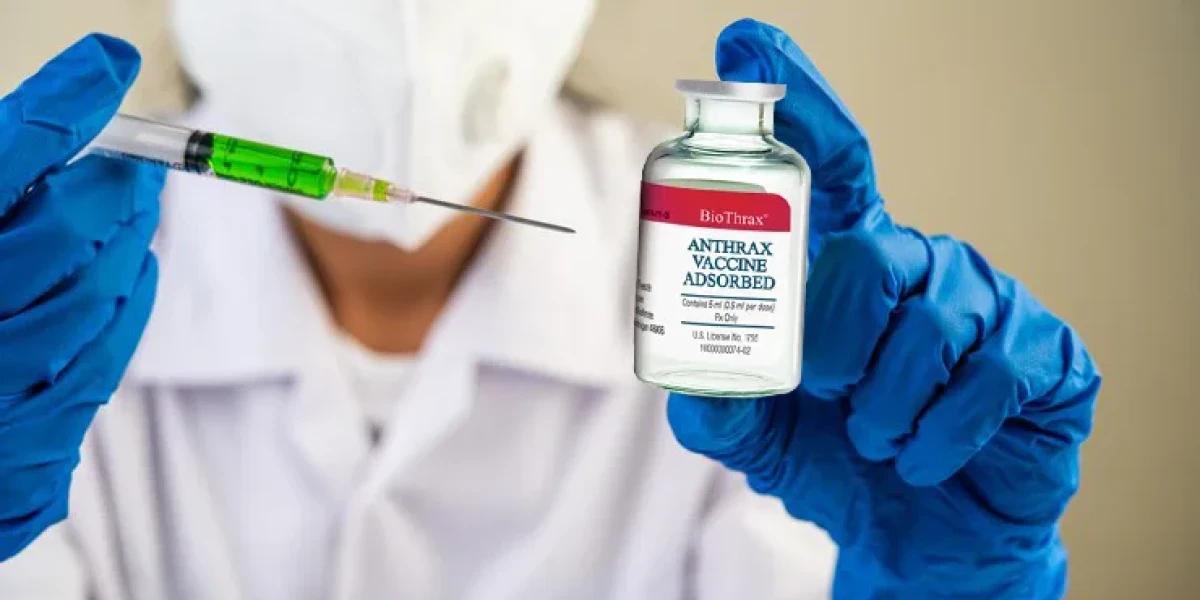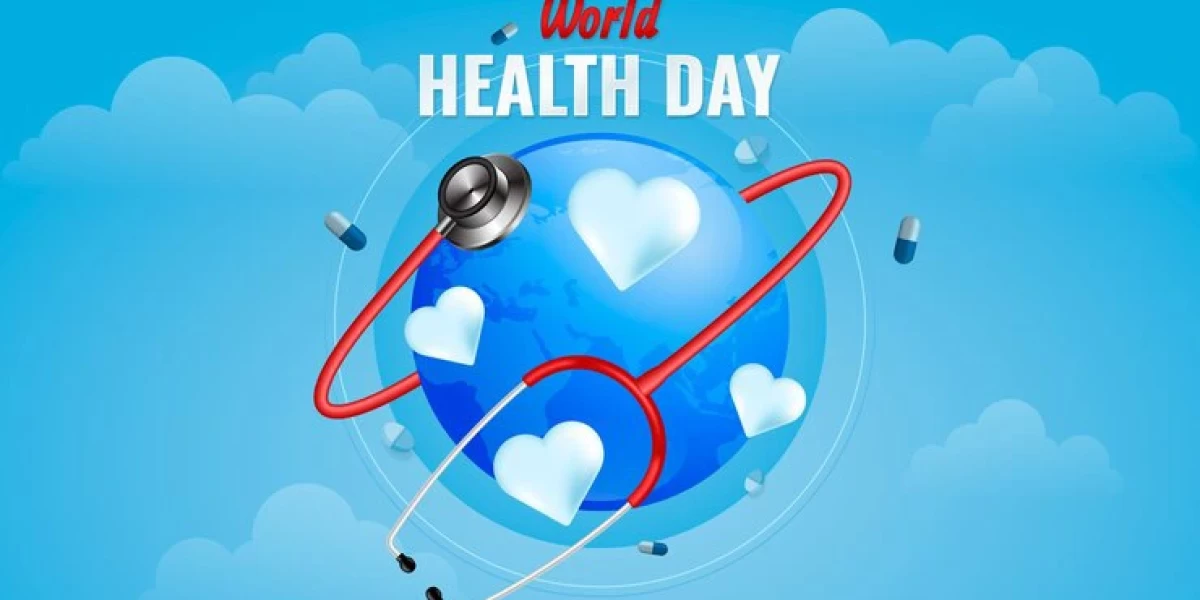Introduction
Anthrax Vaccine, a word that evokes both curiosity and fear, is caused by the bacterium Bacillus anthracis. This ancient disease has plagued humanity for centuries, affecting animals and humans alike. Understanding anthrax and its potential consequences is crucial for public health preparedness. Let’s delve into the world of anthrax and explore why vaccination plays a pivotal role in preventing its spread.
1. Overview of Anthrax
What Is Anthrax?
Anthrax is an infectious disease primarily affecting herbivorous animals. However, humans can also contract it through contact with contaminated animal products or spores. The bacterium produces hardy spores that can survive in soil for decades, waiting for the right conditions to infect a host.
Modes of Transmission
- Cutaneous Anthrax: The most common form, transmitted through skin contact with contaminated animal products or soil.
- Inhalational Anthrax: The deadliest form, occurs when spores are inhaled. It can cause severe breathing problems and fatality.
- Gastrointestinal Anthrax: Rare but occurs after consuming contaminated meat.
- Injection Anthrax: Linked to illicit drug use involving contaminated heroin.
2. Importance of Vaccination
Anthrax Vaccine: BioThrax®
- Effectiveness: The anthrax vaccine is around 93% effective in preventing anthrax disease, including the lethal inhalational form.
- Primary Series: To build protection, individuals need 5 doses over 18 months.
- Booster Doses: Annual boosters maintain immunity for those at risk of exposure.
Who Should Get Vaccinated?
- High-Risk Groups:
- Laboratory Workers: Handling anthrax cultures.
- Animal Handlers: Veterinarians, farmers, and researchers.
- Military Personnel: Deployed to areas with potential exposure.
- Post-Exposure Prophylaxis:
- After exposure to anthrax spores, vaccination can prevent disease development.
Pregnancy Considerations
- Risk-Benefit Assessment: Pregnant women exposed to anthrax may receive the vaccine if the risk is high.
- Low-Risk Situations: Routine vaccination during pregnancy is not recommended.
3. What Is Biothrax?
Biothrax, also known as Anthrax Vaccine Adsorbed, is the only FDA-approved anthrax vaccine available in the United States. It plays a critical role in protecting individuals at risk of exposure to Bacillus anthracis, the bacterium responsible for anthrax. Let’s explore the key aspects of Biothrax:
- Indications:
- Biothrax is used for immunization to protect against illness caused by Bacillus anthracis in people aged 18 to 65 years.
- It serves both pre-exposure prophylaxis (for those at high risk of exposure) and post-exposure prophylaxis (when combined with recommended antibacterial drugs after suspected or confirmed exposure).
- Composition:
- Every 0.5 milliliter (mL) dose of Biothrax contains cell-free extracts from a harmless, non-capsulated strain of Bacillus anthracis.
- The vaccine includes the 83kDa protective antigen protein and 1.2 milligrams per milliliter (mg/mL) of aluminum.
- Preservatives include 25 micrograms per milliliter (µg/mL) of benzethonium chloride and 100 µg/mL of formaldehyde.
- Notably, Biothrax contains no live or killed bacteria.
4. How Biothrax Works
Biothrax triggers the immune system to generate defensive antibodies against the 83kDa protective antigen (PA) protein. Here’s how it works:
- Antigen Exposure:
- Biothrax contains PA, which is a crucial component of the anthrax toxin.
- When administered, the vaccine exposes the immune system to this antigen.
- Antibody Production:
- The immune system recognizes PA as foreign and produces antibodies against it.
- These antibodies specifically target PA, neutralizing its activity.
- Blocking Toxin Activity:
- By blocking PA, Biothrax prevents the formation of the lethal toxin and edema toxin.
- These toxins are responsible for the severe symptoms associated with anthrax.
5. Safety and Efficacy
- Clinical Trials:
- Biothrax’s efficacy has been evaluated through clinical trials.
- Completing the primary series and maintaining booster vaccinations results in around 93% effectiveness against anthrax, including inhalational anthrax.
- Safety Profile:
- Common local (injection-site) reactions include tenderness, pain, erythema, edema, and arm motion limitation.
- Systemic adverse reactions (≥5%) may include muscle aches, fatigue, and headache.
- Severe allergic reactions are rare but possible.
- Real-World Use:
- Biothrax has been used successfully in high-risk populations, including military personnel and laboratory workers.
- The vaccine’s safety record remains favorable.
6. Who Should Get Vaccinated?
Biothrax (Anthrax Vaccine Adsorbed) plays a crucial role in protecting individuals at risk of exposure to Bacillus anthracis, the bacterium responsible for anthrax. The following groups are recommended to receive the Biothrax vaccine:
- Military Personnel:
- Military members, especially those deployed to areas with potential exposure to anthrax, should receive the vaccine.
- Biothrax is a critical component of military preparedness against bioterrorism.
- Laboratory Workers:
- Individuals working with anthrax in laboratories are at risk.
- Biothrax vaccination is essential for their safety.
- High-Risk Occupations:
- Veterinarians and other professionals handling animals or animal products (such as hides, wool, or meat) should be vaccinated.
- Emergency responders and first responders may also benefit from vaccination.
7. Administration and Dosage
- Route of Administration:
- Biothrax is administered either intramuscularly (IM) or subcutaneously (SC).
- Each dose is 0.5 mL.
- Pre-Exposure Prophylaxis (PrEP):
- Primary Series:
- IM: Administer at 0, 1, and 6 months.
- Booster Series:
- IM: Give booster doses at 6 and 12 months after completing the primary series, and annually thereafter.
- SC (for hematoma risk): Administer at 0, 2, 4 weeks, and 6 months, followed by booster doses at 6 and 12 months after the primary series, and annually thereafter.
- Post-Exposure Prophylaxis (PEP):
- Primary Series:
- SC: Administer at 0, 2, and 4 weeks post-exposure, combined with antimicrobial therapy.
8. Side Effects
- Common Local Reactions:
- Pain, redness, tenderness, or limited movement at the injection site.
- Swelling or bruising may occur.
- Common Systemic Reactions:
- Muscle aches, headache, and fatigue.
- Seek Medical Attention If:
- Severe allergic reactions (e.g., hives, difficulty breathing) occur.
- Unusual symptoms such as fainting, vision changes, or numbness/tingling happen soon after vaccination.
Controversies and Misconceptions
The Biothrax anthrax vaccine has faced its share of controversies and misconceptions. Let’s address some of these concerns:
- Adverse Reactions:
- Some individuals worry about adverse reactions to the vaccine. However, most side effects are mild and local, such as soreness at the injection site or a mild fever.
- The incidence of reactions increases with subsequent doses but remains manageable.
- Gulf War Syndrome (GWS):
- There is no data supporting a connection between the use of the anthrax vaccine and GWS.
- Rigorous studies have not found a causal link between the vaccine and this complex condition.
- Inhalational Anthrax Protection:
- Some question whether Biothrax provides adequate protection against inhalational anthrax.
- Clinical trials and real-world use demonstrate its efficacy, especially when combined with other preventive measures.
Conclusion: Vaccination Matters
In summary, Biothrax is a vital tool in our defense against anthrax. Here’s why vaccination matters:
- Effective Protection: Biothrax provides around 93% effectiveness against anthrax, including the lethal inhalational form.
- High-Risk Occupations: Military personnel, laboratory workers, and animal handlers benefit from vaccination.
- Safety Record: Biothrax’s safety profile remains favorable, with mild side effects.
- Collective Resilience: By getting vaccinated, we contribute to our collective resilience against this ancient menace.
FAQ's
Does the anthrax vaccine protect against anthrax? Yes, the anthrax vaccine, known as BioThrax (Anthrax Vaccine Adsorbed), is designed to protect against anthrax. It stimulates the immune system to produce antibodies that neutralize the anthrax toxins, thereby providing protection against the disease.
How does the BioThrax vaccine work? The BioThrax vaccine works by exposing the immune system to a non-infectious component of the anthrax bacterium, specifically the protective antigen. This triggers the immune system to produce antibodies against the protective antigen, which can then neutralize the toxins produced by the anthrax bacteria if exposed in the future.
How effective is BioThrax? BioThrax is considered to be highly effective in preventing anthrax infection, especially in people at high risk of exposure. Clinical trials and studies have shown that the vaccine provides significant protection against both cutaneous and inhalation anthrax when the full vaccination schedule is followed.
What is the anthrax vaccine? The anthrax vaccine, specifically BioThrax, is an immunization used to prevent anthrax infection. It is primarily given to individuals who are at high risk of exposure to anthrax, such as military personnel, laboratory workers handling anthrax, and certain individuals in occupations with a risk of exposure to the bacterium Bacillus anthracis.
Is the anthrax vaccine good for life? The anthrax vaccine does not provide lifelong immunity. Booster doses are required to maintain immunity. For individuals at continued risk of exposure, periodic booster vaccinations are recommended to ensure ongoing protection.
What is anthrax used for? Anthrax is a severe infectious illness caused by the bacterium Bacillus anthracis. While it can occur naturally, its spores have also been used as a biological weapon due to their ability to be dispersed easily and cause severe illness and death. There is no legitimate use for anthrax in warfare, and its use as a weapon is strictly prohibited.
Is anthrax a poison? Anthrax itself is not a poison; it is a bacterial infection. However, the toxins produced by the Bacillus anthracis bacteria can act like a poison in the body, causing severe illness and potentially death if not treated promptly.
Why is anthrax illegal? The use of anthrax as a weapon is illegal under international law, including the Biological Weapons Convention, because it poses a severe threat to human health and can cause mass casualties. The production, stockpiling, and use of biological weapons, including anthrax, are prohibited to prevent their devastating impact on populations.
What drug kills anthrax? Several antibiotics can be used to treat anthrax, including ciprofloxacin, doxycycline, and amoxicillin. Early and appropriate antibiotic treatment is crucial for effectively killing the anthrax bacteria and reducing the severity of the infection.
Important Notice:
The information provided on “health life ai” is intended for informational purposes only. While we have made efforts to ensure the accuracy and authenticity of the information presented, we cannot guarantee its absolute correctness or completeness. Before applying any of the strategies or tips, please consult a professional medical adviser.













